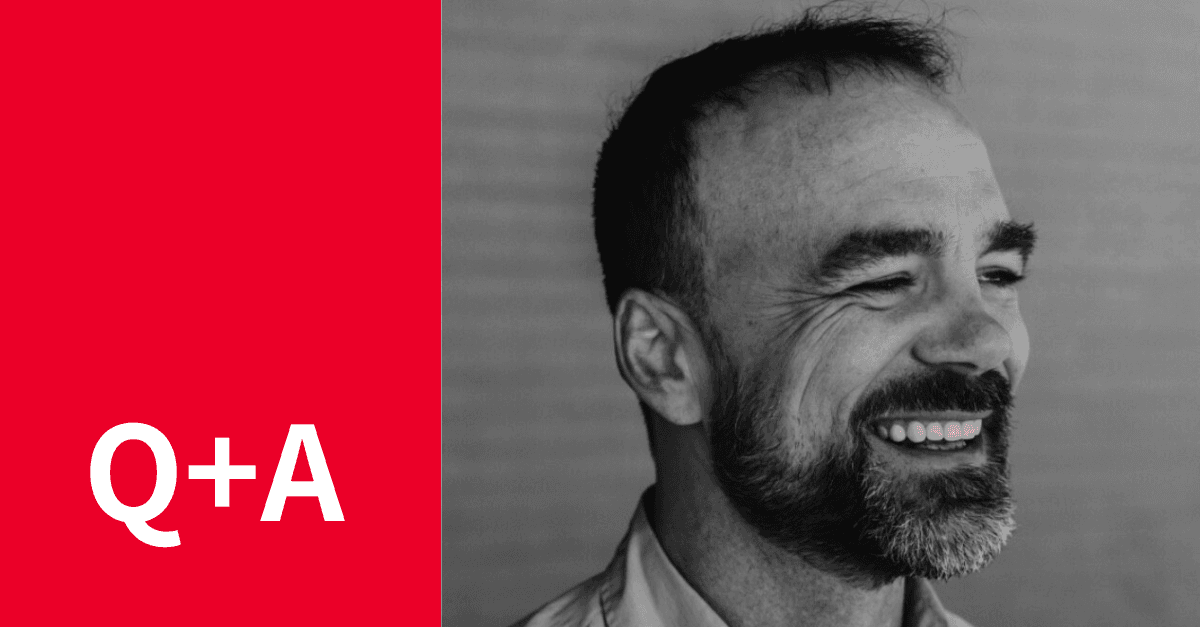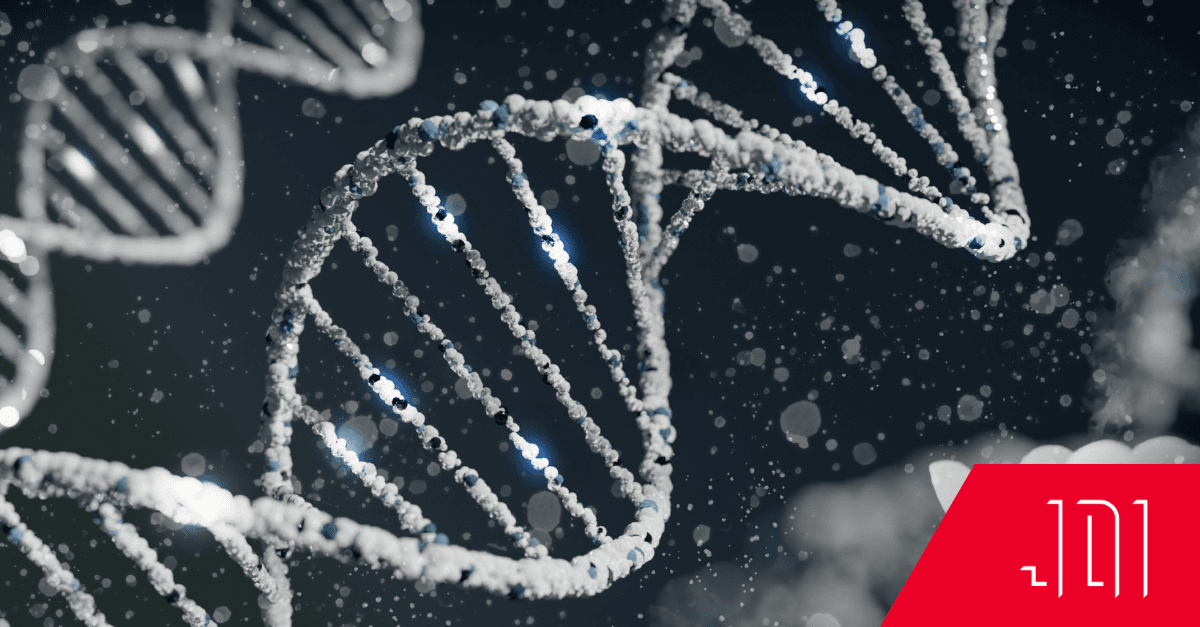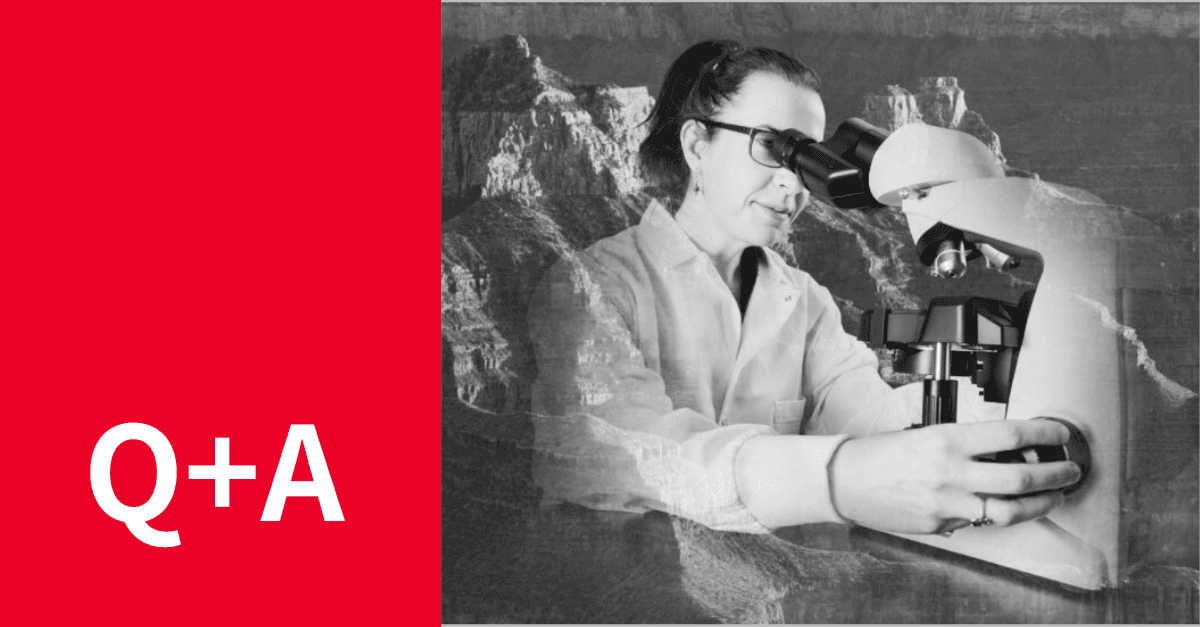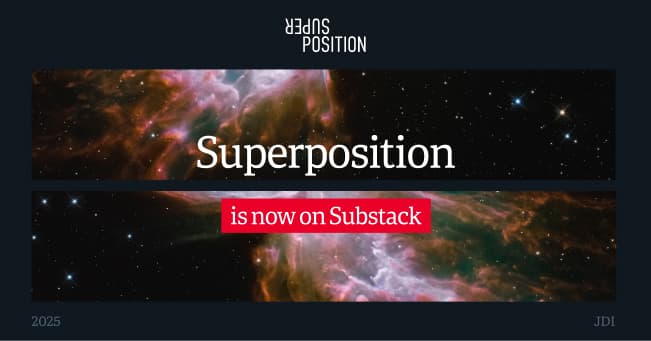Q&A with Casey McPherson

"We envision a world where no parent has to hear there's nothing that can be done for their kids." Casey McPherson, To Cure A Rose Foundation
Families with children who are affected by rare diseases often find themselves forging a DIY path to secure support, community, and treatment. These families are accustomed to little help from the medical industry, and are searching real solutions for customized medical treatments for their children. This group is not monolith, however, and their needs are varied. Some are seekers of educational resources and other families facing similar challenges. The To Cure A Rose Foundation provides them with a safe landing place to find that community.
Some families are already in the process of finding the treatment they need, and contact the To Cure A Rose Foundation for help with vetting labs or finding appropriate medical professionals. The Foundation acts a support system for their process and provides the coaching they need along their own route to a cure.
The goal of the foundation is to eventually focus on families who need individual guidance through the process of diagnosis, research, testing, and creating precision medicine. These discoveries have the potential to help thousands of other people.
Read the story of the To Cure A Rose Foundation in the interview with founder Casey McPherson below.
Tell us a little bit about yourself and how you came to create the To Cure A Rose Foundation.
I was raised on the Brazos River in Lake Jackson, Texas, which is south of Houston. I was homeschooled, and then dropped out of college to start a rock band. At the height of my career, with a couple of hits on the radio, I married a childhood friend. We had two girls, Weston, who is 10, and Rose, who is 8. Rose was born different. We noticed that she wasn't quite meeting her developmental milestones - she would choke on her food and fall on her face when she would try to walk. Ultimately, when she lost her ability to talk we knew we had a serious problem on our hands.
I’ll never forget walking into the neurologist's office and hearing that my daughter not only had a rare genetic disease, but also there was no cure for it. "There's nothing we can do," he said. "Good luck.” His words felt like a death sentence. After some research about the lack of investment for a lot of rare diseases, it became clear that no one was going to save her. I knew Rose was never going to be on her own, fall in love, or have friends unless I did something about it. So, I quit my career in music and started the To Cure A Rose Foundation with an incredible team of people. Our goal is to make personalized genetic treatments for children with rare diseases.
You’ve said before that “rare diseases aren’t rare.” What does that mean? What is it that people don’t fully understand about rare diseases?
We still use blanket symptomatic diagnosis in medicine when we don’t know the real cause. You have cancer, or your child has autism or cerebral palsy. These are symptomatic terms, which don’t address or call out underlying causes. The rise of genetic sequencing has taught us that many of these blanket diagnoses are actually errors in any of the ten thousand known disease-causing genetic mutations. For instance, there are over 100 known genes that can cause autism (if those particular genes have errors). Therefore, we know now that autism isn't one big disease; it’s over 100 different diseases. We also know that even within a single gene, there can be different errors or mutations that cause different disease symptoms.
We have 10,000+ different genetic diseases affecting over 400 million people globally. Each of these diseases have very small populations associated with them. So therefore, each disease may be considered rare on its own, but together, rare disease is bigger than cancer and AIDS combined.

How is the development process for precision drug therapy different from more traditional methods of drug development? Why isn’t precision medicine more widespread right now?
Historically, drug development has been primarily focused on large populations, utilizing large and small molecules. This route can take decades to develop and hundreds of millions of dollars to get to a commercial product. We now have technologies that target the underlying disease-causing gene and downstream effects. We have developed RNA therapies, peptides, and other personalized treatments that we literally design in a computer. The other benefit we’ve found with personalized medicine is that when you’re developing a drug for one patient or a small population, it means that the experiments are smaller. Because of this, we can have a drug ready for an FDA trial in less than a year. The cost of this process is less than one hundredth of the cost of typical drug development. I believe that this is the future so much so that we spun our Everlum Bio, the first personalized medicine company for families with genetic disease.
There are two main reasons precision medicine is not sweeping the globe. The first reason is that our pharmaceutical companies are still looking for blockbuster drugs because those drugs make considerably more money than the ones for smaller diseases. They have no incentive to make things faster and cheaper. The second reason is because our regulatory bodies, like the FDA, are still operating within an antiquated system which requires a massive amount of animal studies and years of clinical trials. This system makes it nearly impossible for precision medicine treatments to make it through a trial sustainably.
What are some of the ethical considerations TCAR has had to grapple with, and how has your team addressed them?
Ethically, there are a quagmire of issues. Should a parent be allowed to create a drug and treat their children? Why should only the wealthy or well funded have access to this technology? Once we get to a trial, should I treat Rose first, when there are children that suffer more than her? These are all questions I wrestle with. At the moment, though, it’s a dead end for millions of families.
The real ethical question is, “Why aren't our healthcare systems and government fixing this issue?”
We have the technology to cure many of these diseases, but we don’t have the business models, regulatory path, and systems to do it at scale. So, at the end of the day, between our science team, board of directors, and collaborators, we make these decisions together, careful to keep our intention and mission at the forefront of our “why.”
How does TCAR collaborate with researchers, doctors, and families affected by rare diseases? What’s your dream partnership?
We have a network of incredible researchers, physicians, and families. They are the true rockstars doing all the work and making it happen. We collaborate with them by sharing data, providing resources, and ultimately leading the team to focus on what’s important - a cure. A dream partnership would be with a larger institution, but without all the red tape. I’ve been working with Dr. Stephen Ekker at the University of Texas and Dell Medical School to help support his dream of a Rare Disease Center. That’s a partnership I look forward to standing up.
Your foundation focuses specifically on children. Will children always be the focus, or do you have plans to expand to adult treatment? What are your hopes for scaling the foundation in the future?
We focus on children because they are the future of our society. They are the innocent and fragile ones who cannot fight for themselves. If you looked at the amount of money our healthcare system spends trying to prolong adult life while children with rare genetic diseases die, it would make you gasp. We have the network and resources to start the work, but we lack the funding for the infrastructure to do it at scale with partners like Everlum Bio, Jackson Labs, Arpeggio Bio, and others.
Looking at your career as a musician, organizer, nonprofit founder, and advocate for mental health, do you see any connecting themes emerge? What are they, and how do they inform how you make future choices?
Well, from one standpoint, the connection is connecting with others! I have experienced an immense amount of pain and loss in my life, and have felt utterly and completely alone. The secret to me not becoming a homeless drug addict or a cynical narcissist has been this connection to other people. Helping others keeps me out of my own head, and helps me focus outwardly on impact.
When Rose was diagnosed I was devastated. I wept and was angry. Music has become a way that I connect to Rose. I sing to her almost every day. In many ways, we are turning the pain and suffering of her disease into a new song -- one filled with courage that we hope will bring light not just to Rose, but to many other children and families.
The other connecting thread is the way of an artist. Writing music, painting, or poetry gives you the ability to flex the muscle of the soul, allowing you to see into the depth of a moment, a person, a place or a problem. Artists are uncomfortable with conformity and uniformity. However, we live in a culture constantly driving itself towards comfort, only reluctantly abandoning it for the new and improved. One of the reasons artists typically exist outside of organized institutions is because institutions become calcified into systems and traditions. Once this happens, it’s impossible to create within that institution.
Art gives you the ability to see outside of what is, and imagine what will or could be. Some could call it naive optimism, but it has led me down a path that I find compelling and helpful. We desperately need that kind of humanity in our healthcare system. A lot of people that work in pharma never have the chance to meet the people for whom they are creating treatments. Our healthcare system is wrought with processes that arguably are perpetuating the suffering and dying of millions of children. We must find creative ways through, or around, if this silent genocide is going to stop.
In your experience as a Dad and as an advocate for others, what kinds of support are most meaningful for families who are raising children with rare diseases (outside of medical treatment)?
Unfortunately there isn’t much. I find that ABA and NAPA therapy help our kids as much as they can. But each family must establish a highly organized network of support, and that can be a huge challenge depending on capacity. I would say, though, that becoming part of a group of others can be incredibly impactful. Organizations like Global Genes and NORD have created a vast network of families. Just knowing you are not alone gives you the ability to make choices that lead out of the current suffering of the day.
What advice would you give to parents facing a diagnosis of a rare genetic disease in their child?
I would say to have hope and do your research. We live in an era that has more scientific possibilities than you can imagine. I would also say, call me. Let’s talk. That’s what families who have “been there, done that” did for me. It’s a secret handshake - and we always make time for each other.
What keeps you motivated and hopeful in your work?
I’m motivated by the idea that the next Rose, born years from now, could grow up completely healthy because of the work we are doing. I always picture a scenario in my mind: one day, a father like me walks into the neurologist’s office and hears that within days, a drug is either already available, or can designed be specifically for his child. He and his child will never have to experience what I and millions of others of families have. This future is possible because of the work that we, and many others, are doing now to lay the foundation for the future of medicine.



